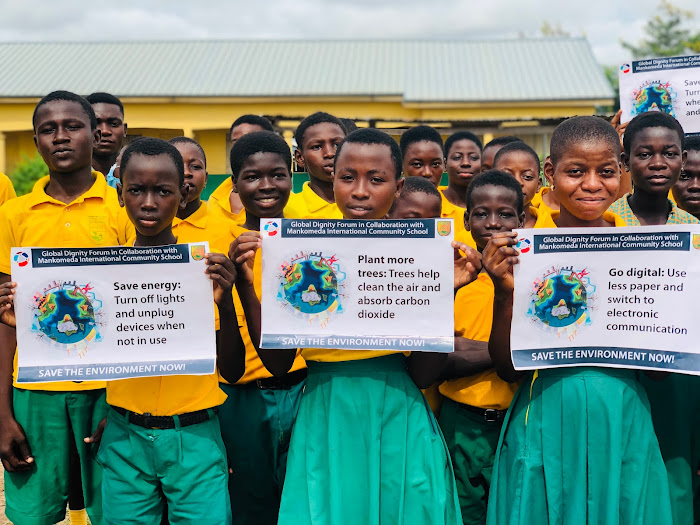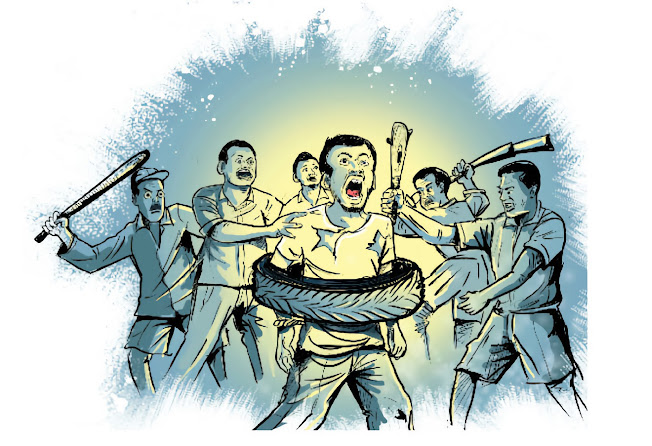Green Ghana Day: Global Dignity Forum's Unwavering Commitment to Environmental Conservation

On this special occasion of Green Ghana Day, dedicated to preserving and restoring our environment, we, the Global Dignity Forum, extend our heartfelt greetings and emphasize our unyielding commitment to environmental conservation. As a legally registered Non-Governmental and Non-Profit Civil Society Organization, the Global Dignity Forum firmly believes in the intrinsic link between human dignity and the protection of our environment. Today, as we commemorate Green Ghana Day, it is essential to reflect on the significant strides we have made in leveraging our initiatives, particularly the Human Dignity Education and Advocacy Club, to foster environmental consciousness among the youth and beyond. At the heart of our approach lies the understanding that environmental sustainability and human rights are interdependent. The Human Dignity Education and Advocacy Club, a framework championed by the Global Dignity Forum, empowers young people with the knowledge, skills, and value...





